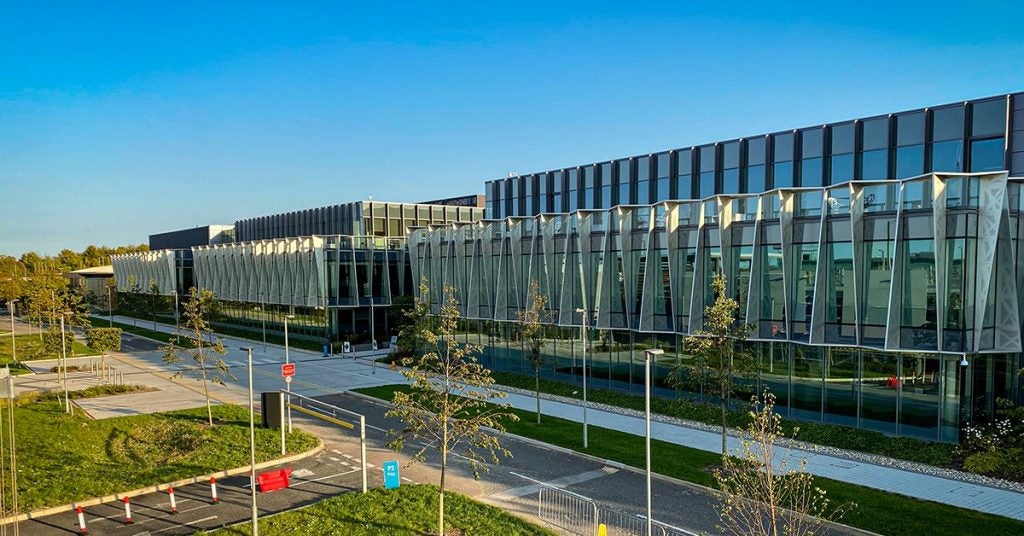National Security Implications Of Arm Limited Sale To Nvidia To Be Investigated
The United Kingdom has announced that it will be investigating the national security implications of the $40 billion sale of semiconductor company Arm Limited to Nvidia.
In an announcement by Digital Secretary Oliver Dowden of the issuance of a Public Interest Intervention Notice, the secretary said that he had instructed the Competition and Markets Authority to begin a “phase one” investigation of the deal. Alongside an exploration of the potential national security implications of the sale, the CMA will also provide advice on jurisdictional and competition issues that may arise from the transaction.
Dowden stated:
“Following careful consideration of the proposed takeover of ARM, I have today issued an intervention notice on national security grounds.
As a next step and to help me gather the relevant information, the UK’s independent competition authority will now prepare a report on the implications of the transaction, which will help inform any further decisions.
We want to support our thriving UK tech industry and welcome foreign investment, but it is appropriate that we properly consider the national security implications of a transaction like this.”
The investigation report is to be submitted by midnight on 30
July, 2021. Based on its conclusions and recommendations, Dowden will then decide on whether any undertakings will be required by the parties involved to remedy concerns raised before approving the deal, or to begin a deeper “phase two” investigation.
Cambridge-based Arm Limited is the UK’s largest technology firm, and a leading player in the global semiconductor industry. Uniquely, the company does not manufacture its chip architectures, instead licensing them out to manufacturers like Samsung and Qualcomm that design and build chips based on Arm architectures. The majority of Samsung and Apple smart devices, to name just two companies, utilize Arm intellectual property in their chip designs, and Arm-based chips are similarly common in “internet of things” devices.
The sale of Arm to Nvidia by Softbank was announced in September 2020. The deal has since come under criticism for the risk that Nvidia would upend Arm’s model of neutrality in licensing to manufacturers, with Arm cofounder Hermann Hauser warning that the sale would “create another US technology monopoly” and erode British technology sovereignty.
Nvidia, which overtook Intel in July 2020 to become the US’ largest semiconductor company by market capitalization, has previously promised “legally binding” commitments to the British government should the sale proceed, alongside pledges to expand Arm’s R&D presence and create an AI research centre of excellence at the Cambridge headquarters. SoftBank made similar commitments when the Japanese conglomerate purchased Arm in 2016, with those legally binding commitments expiring in September this year. However, Nvidia CEO Jensen Huang would not elaborate when interviewed by the Financial Times about what those new commitments would be.
Nvidia has since stated that it does not believe that the purchase of Arm causes any material national security issues, saying that “we will continue to work closely with the British authorities, as we have done since the announcement of this deal”.

